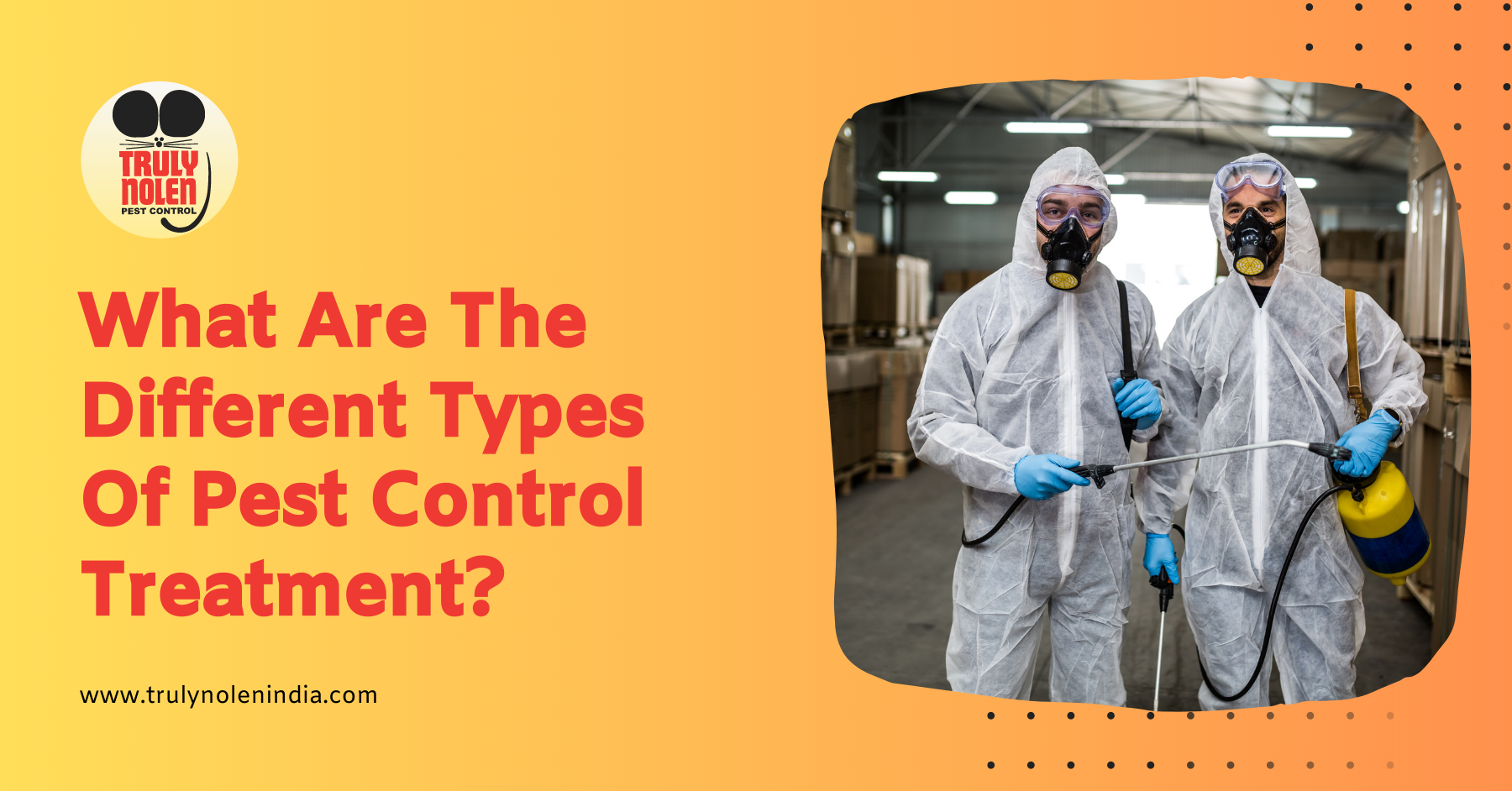Pest Control - The Facts
Pest Control - The Facts
Blog Article
See This Report on Pest Control
Table of Contents5 Simple Techniques For Pest ControlPest Control - The FactsWhat Does Pest Control Mean?About Pest Control9 Simple Techniques For Pest Control
Limitations of Chemical Administration Have the ability to evaluate insect issues, determine if administration is required, and make appropriate recommendations making use of IPM techniques. Be familiar with various approaches of pest monitoring - their benefits and restrictions. Recognize the worth of valuable insects. It is not possibleor also desirableto rid gardens of all insects.This phase talks about (IPM), a method that uses understanding concerning bugs and their, methods, nonchemical methods, and chemicals to handle insect troubles. Extra info regarding IPM for specific plants is consisted of in phases that concentrate on those plants. Nonchemical insect control procedures are emphasized in phase 17, "Organic Gardening." Taking care of birds and mammals is covered in phase 20, "Wildlife." Managing in the lawn and yard is covered in chapter 6, "Weeds." Parasites in a garden or landscape might include bugs and termites, weeds,, mammals, and birds.
Pests and weeds, however, play a duty in the. After growing a garden or developing a yard, the natural process of plant sequence begins to reestablish and nonnative plants.
What we call "insects" are component of a natural system at work. Only people think about particular types bugs when they happen where they are not wanted.
8 Easy Facts About Pest Control Described
Bugs at risk to a chemical were rapidly killed, leaving immune ones to breed and increase. It came to be clear that chemicals alone would not solve all bug problems. Rather, overuse of pesticides triggered the advancement of resistant bugs. Researchers began to establish a brand-new approach to pest control. This brand-new method was called incorporated insect management (IPM).
An IPM plan enables some level of insects in the atmosphere. Bugs are much less most likely to make it through a program that makes use of various techniques of decreasing their populations. Integrated parasite monitoring was initial suggested by entomologists due to the fact that bugs were the first team of parasites to show hard to manage with chemicals alone.
bug and host precisely. and think about economic or aesthetic injury. A limit is the factor at which activity should be taken. a therapy strategy making use of mechanical, cultural, organic, or chemical controls, or a mix of these approaches. success of treatments. IPM has prolonged past pests to administration of all pest populaces: weeds, disease organisms, and animals.
The Facts About Pest Control Uncovered
Management as opposed to elimination of insects is the objective. An IPM strategy begins with a careful evaluation of each insect infestation. Just after that can one choose regarding the appropriate methods required to subdue insect activities. The life cycle of the bug, feasible damage, natural enemies, and impacts of weather, to name a few elements, are taken into consideration before a control plan is implemented - Pest Control.
Clover growing in a lawn may be checked out as an undesirable weed, however as a legume it is manufacturing nitrogen for the soil and the flowers are giving get more nectar to honey bees and other. Tolerance for some weeds may be part of an IPM plan. might be eating the leaves of a plant, but when they are recognized as the larvae of Eastern tiger swallowtail butterflies, their damage may be tolerated so we can delight in the beautiful butterfly.

The second crucial tool in parasite management is early treatment. Existing and watchful in the yard ensures early detection. Reacting to problems swiftly, prior to they have time to increase, calls for a much less remarkable treatment. The third essential tool is recordkeeping; tracking what happens in the yard enables a gardener to recognize patterns and make informed decisions.
Not known Facts About Pest Control
Lots of risk-free, useful, nonchemical techniques of plant defense and bug administration may reduce or get rid of the need to spray. Various other techniques are most beneficial when made use of with pesticides. To execute administration techniques correctly and to reduce losses, garden enthusiasts should recognize the types of parasites that attack plants and recognize pest biology.

Conducting a dirt examination and applying only the recommended quantity of fertilizer and lime maximizes the benefit to the plant while lessening issues Related Site associated with excessive use of plant food - Pest Control. Covering the dirt with a number of inches of compost secures the plant in a number of methods: lowering dirt water loss to evaporation, decreasing weed competition, giving nutrients, and creating an appropriate atmosphere for earthworms and microorganisms that maintain the dirt loosened for origins and damage down natural material to release nutrients
If mulch touches the trunk, it can produce a means for voles, germs, and fungis to strike the plant. Do not use manure or garden compost that has actually not completely disintegrated as a leading clothing due to the fact that it can urge unfavorable bugs. Research study recommends that tilling the soil is harmful to dirt framework.
Pest Control Things To Know Before You Get This
If tilling is considered essential, think about doing it in the autumn when the life cycles of lots of bugs brings them near the surface. At the surface, insects end up being revealed to the weather as well as birds and other natural enemies. Fall tilling can also ruin insects in plant residues. Use disease-free and insect-free licensed seeds and plants if readily available.
Report this page